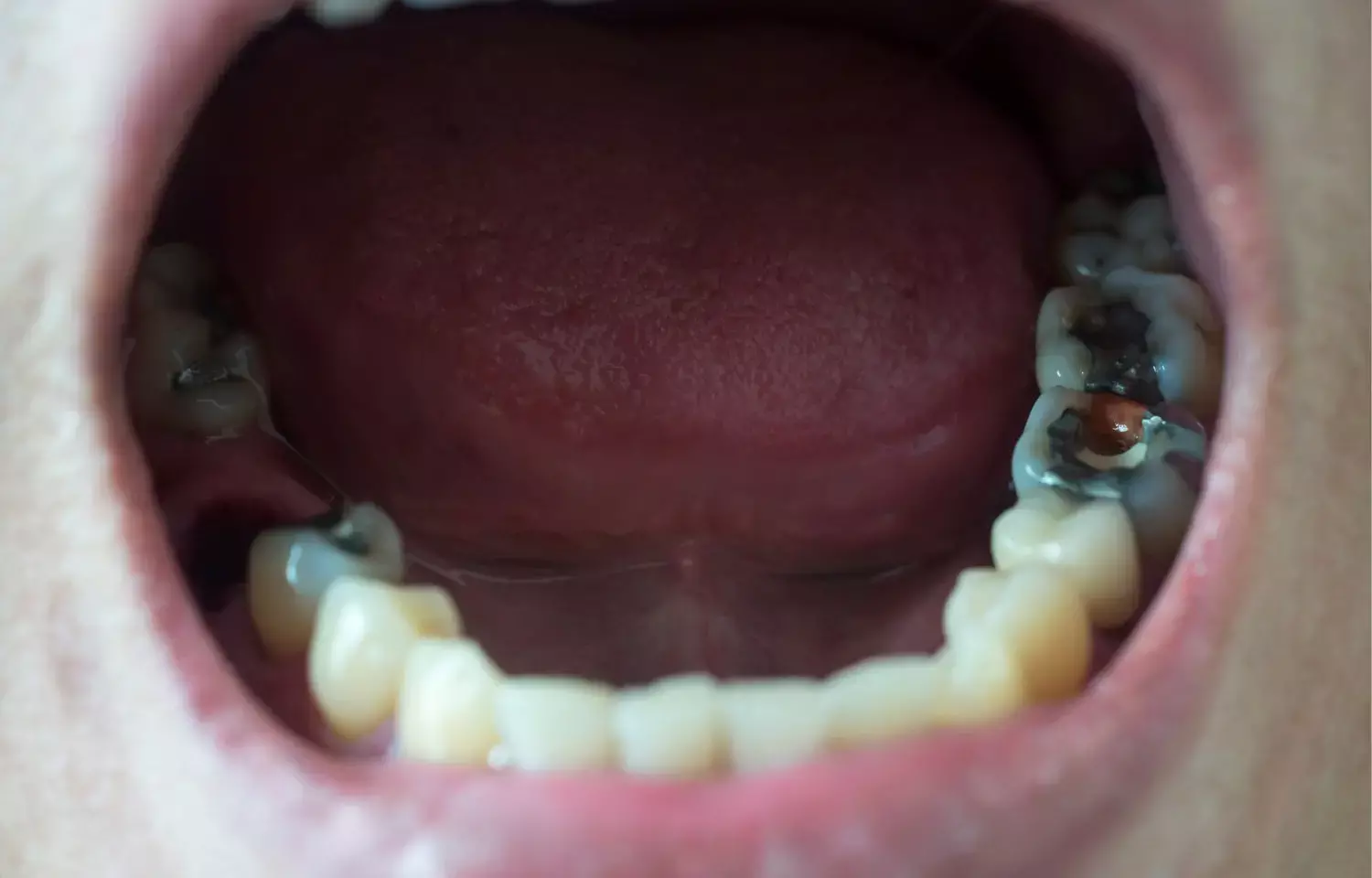- Home
- Medical news & Guidelines
- Anesthesiology
- Cardiology and CTVS
- Critical Care
- Dentistry
- Dermatology
- Diabetes and Endocrinology
- ENT
- Gastroenterology
- Medicine
- Nephrology
- Neurology
- Obstretics-Gynaecology
- Oncology
- Ophthalmology
- Orthopaedics
- Pediatrics-Neonatology
- Psychiatry
- Pulmonology
- Radiology
- Surgery
- Urology
- Laboratory Medicine
- Diet
- Nursing
- Paramedical
- Physiotherapy
- Health news
- Fact Check
- Bone Health Fact Check
- Brain Health Fact Check
- Cancer Related Fact Check
- Child Care Fact Check
- Dental and oral health fact check
- Diabetes and metabolic health fact check
- Diet and Nutrition Fact Check
- Eye and ENT Care Fact Check
- Fitness fact check
- Gut health fact check
- Heart health fact check
- Kidney health fact check
- Medical education fact check
- Men's health fact check
- Respiratory fact check
- Skin and hair care fact check
- Vaccine and Immunization fact check
- Women's health fact check
- AYUSH
- State News
- Andaman and Nicobar Islands
- Andhra Pradesh
- Arunachal Pradesh
- Assam
- Bihar
- Chandigarh
- Chattisgarh
- Dadra and Nagar Haveli
- Daman and Diu
- Delhi
- Goa
- Gujarat
- Haryana
- Himachal Pradesh
- Jammu & Kashmir
- Jharkhand
- Karnataka
- Kerala
- Ladakh
- Lakshadweep
- Madhya Pradesh
- Maharashtra
- Manipur
- Meghalaya
- Mizoram
- Nagaland
- Odisha
- Puducherry
- Punjab
- Rajasthan
- Sikkim
- Tamil Nadu
- Telangana
- Tripura
- Uttar Pradesh
- Uttrakhand
- West Bengal
- Medical Education
- Industry
Early free sugar intake linked to increased risk of dental caries at 4-6-years of age

Free sugar consumption was measured in children enrolled in the Barwon Infant Study at age 18-months and 4-years. The exposure, free sugar intake was quantified as continuous and binary variables indicating less than 5% of total energy intake (TEI) at 18-months and 4-years of age. The prevalence of dental caries was obtained from dental records. Multiple logistic regression estimated the effect of the exposure variables on the presence of dental caries at 4-6 years of age, adjusting for potential confounders.
Of the original birth cohort, dietary data (N=863) and dental caries data (N=368) were available. 70.4% and 36.7% participants consumed less than 5% TEI from free sugars at 18-months and 4-years, respectively. Dental caries affected 46.7% of children. In fully adjusted models, free sugar at 18-months (OR 1.74; 95% CI 1.06, 2.86 per 5% of TEI) and at 4-years of age (OR 1.43; 95% CI 0.90, 2.28, per 5% of TEI) increased dental caries risk at 4-6 years.
The estimated effect of consuming less than 5% free sugars of TEI at 18-months and 4-years of age on dental caries prevalence at 4-6 years was an OR 0.71, 95% CI 0.42, 1.19 and OR: 0.61; 95% CI 0.38, 0.97 respectively. The estimated effect of lowering free sugars to less than 5% of TEI at both timepoints compared to exceeding 5% TEI at one or both timepoints, on dental caries risk at 4-6 years was an OR 0.55; 95% CI 0.33, 0.93.
The authors concluded that between 18-months and 4-years, free sugar consumption increased markedly with two thirds of children exceeding 5% of TEI at 4-years of age. Early free sugar intake increases the risk of dental caries at 4-6-years of age.
To read the full article, visit on this link:
Dr Kamal Kant Kohli-MBBS, DTCD- a chest specialist with more than 30 years of practice and a flair for writing clinical articles, Dr Kamal Kant Kohli joined Medical Dialogues as a Chief Editor of Medical News. Besides writing articles, as an editor, he proofreads and verifies all the medical content published on Medical Dialogues including those coming from journals, studies,medical conferences,guidelines etc. Email: drkohli@medicaldialogues.in. Contact no. 011-43720751


